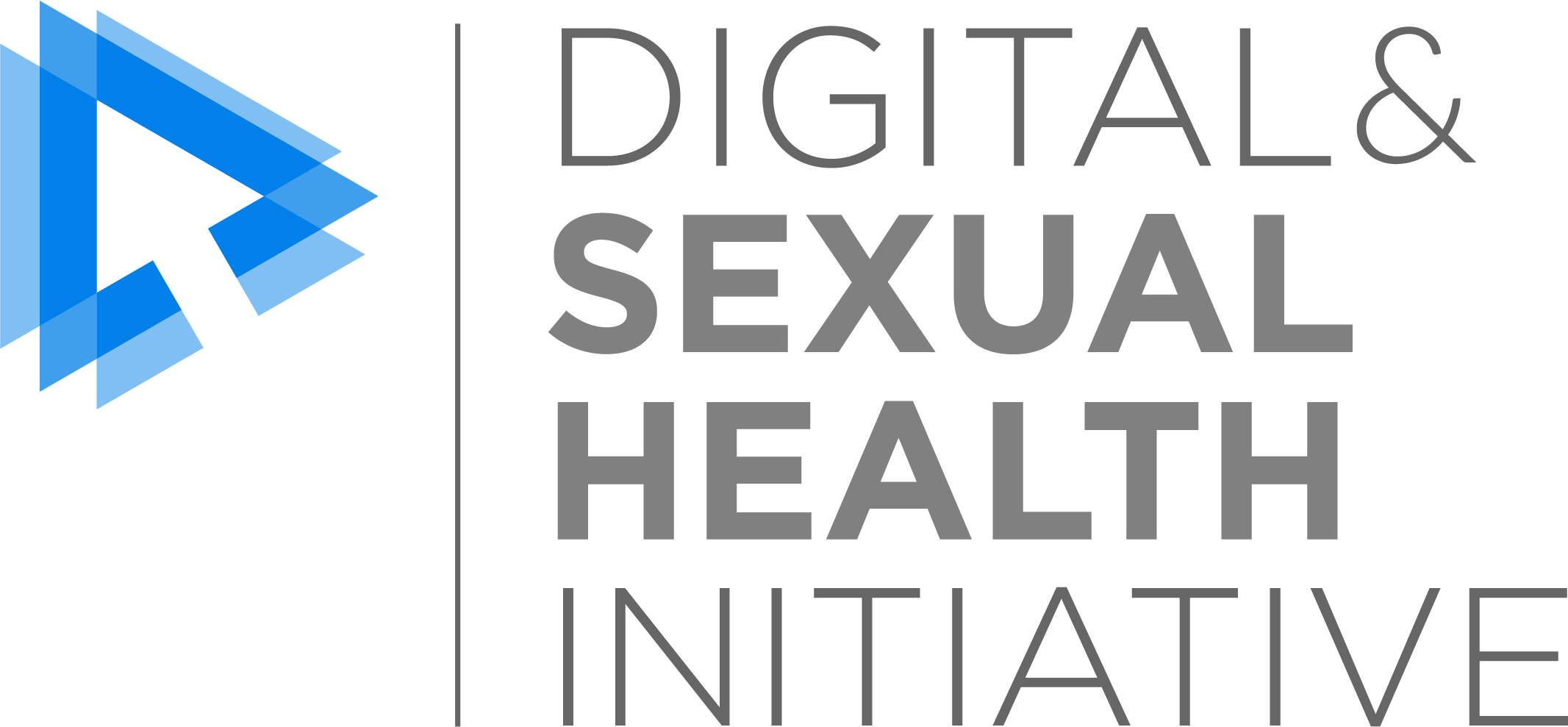Scale-up of a novel testing service: Examining how public health policies impact the context for ongoing program implementation
Research theme(s)
Internet Based Testing
Oralia Gómez-Ramírez, Kinnon MacKinnon, Devon Haag, Sophie Bannar-Martin, Maja Karlsson, Catherine Worthington, Mark Gilbert, Daniel Grace.
STI & HIV 2021 World Congress (virtual), Jul 14-17, 2021
Background: The role of macro-level contextual factors (e.g., healthcare system configuration, legislation, policy) in program implementation is well-documented, yet their changing function throughout all implementation phases is less established. We examined contextual factors shaping the ongoing implementation of GetCheckedOnline—an internet-based testing program for sexually transmitted and blood-borne infections
(STBBIs) available since 2014 in British Columbia, Canada.
Methods: An institutional ethnography approach was used to examine how the work processes of scaling-up the service were organized. Data were collected April 2019-February 2020, including interviews (n=25), meeting observations with implementers of GetCheckedOnline, and analyses of key documents (e.g., provincial policies, progress reports).
Results: The provincial 2012 HIV framework emerged as central to the tasks of implementing sexual health services. We uncovered a disjuncture in implementers’ continued task of extending the regional reach of innovative STBBI programming. On one hand, implementers actively sought regional scale-up, but on the other, their work was limited by the parameters set within HIV targeted funding and the service implementation challenges brought by underfunded comprehensive sexual health care provision. Between 2014–16, the HIV framework enabled implementers to identify the conceptual, financial, and operational means for program scale-up. The work of interdisciplinary teams formed for the rollout of
the HIV framework supported further regional expansion in 2019. However, implementers’ efforts to continue to expand STBBI testing services were limited by policy, fostering cotesting only when centred around HIV and having to administer tight, targeted funds.
Conclusion: Our findings reveal that targeted policy premised on biomedical HIV exceptionalism paradoxically opens opportunities for scale-up of STBBI programming while closing other possibilities over the implementation cycle. This study underscores the need for policy frameworks not to remain static, draws attention to the ways in which policy can foreclose public health service availability, and encourages ongoing critical policy scrutiny to promote change.
